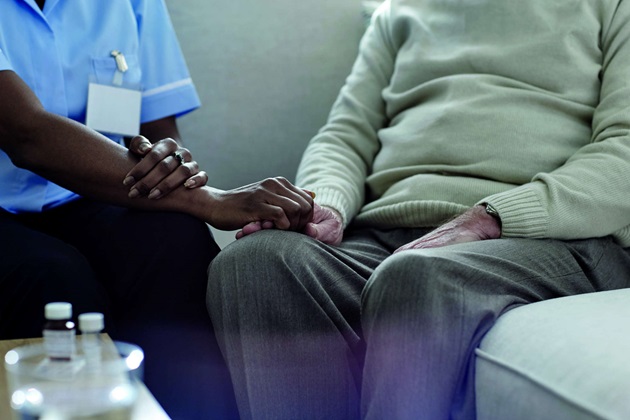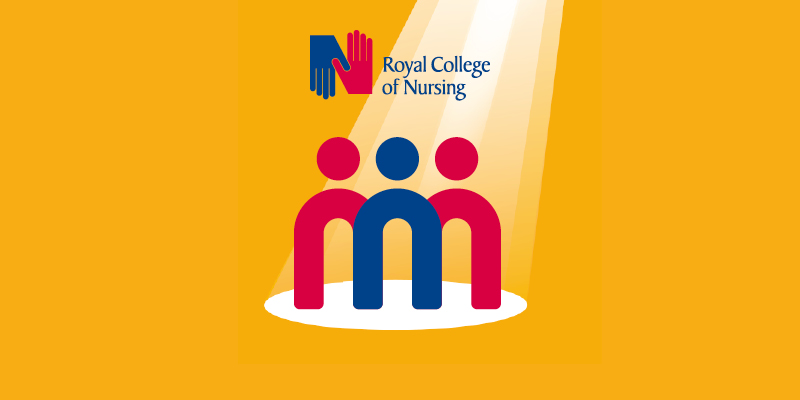According to NHS Choices, one in 10 adults will be affected by bowel incontinence at some point in their lives. The true prevalence of continence problems, though, is difficult to estimate because so many sufferers are too embarrassed to seek help or don’t know that treatments are available.
What’s more, there’s a lack of training given to health care staff in assessing and managing continence. “Many people are, quite wrongly, simply provided with pads,” says Amanda Cheesley, RCN Professional Lead for Long Term Conditions and End of Life Care. “But the cause of the problem should always be identified, and appropriate treatment and management provided for the individual.”
The RCN has launched an online learning resource on bladder and bowel problems, with the aim of improving care standards.
The RCN Continence Care Forum helped develop the resource, which covers topics such as the anatomy and physiology of the urinary tract and bowels, the causes of bladder and bowel problems, maintaining dignity and how to talk to people about continence issues.
This resource is suitable for anyone who wants to know more about continence care
“The resource is suitable for support workers, students, registered nurses – anyone who wants to know more about continence care, what they can do and when to refer to specialists,” Amanda says.
“Anyone using it will find some of the tools they need to be able to speak to individuals and to identify some ways to help them manage their problem.”
Top tips for HCAs
- Ask people if they have experienced difficulties in getting to the toilet in time or have problems with their bladder or bowels.
- Suggest that they drink less caffeine – water or decaffeinated drinks are better.
- Make toilets accessible and help people to get there in time.
- Know what can lead to people being incontinent – for example, poor mobility, arthritis, infection, constipation.
- Know about simple things that people can do to help themselves, such as pelvic floor exercises.
- Pads should only be used when everything else has been explored.
- Getting older does not always make people incontinent – it is often an environmental or physical issue.
Find out more
The RCN's continence resource is designed to help you support people who have incontinence or bowel and bladder problems. It's aimed at HCAs, APs, registered nurses and nursing students working in any health care setting or specialism.
Join the RCN Continence Care Forum for networking and professional development opportunities.








